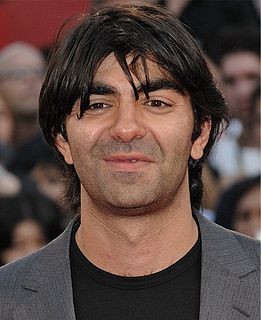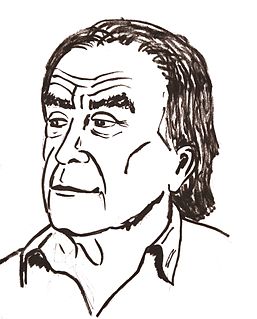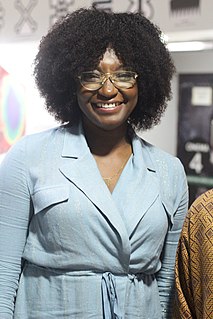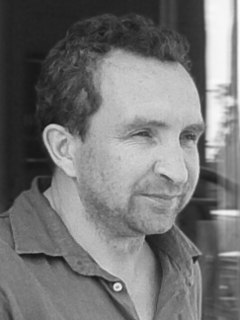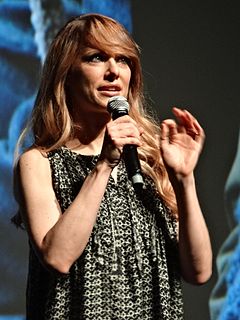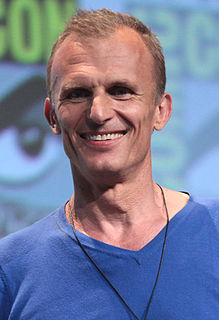A Quote by Fatih Akin
I like it when actors depart from the script to find their characters.
Related Quotes
Normally, filmmakers would just write a script and cast people to act as certain characters in the story. But in my way of doing things, I have the actors in my mind already, so I'm trying to borrow something that's unique to them. The characters have a very natural connection to the actors themselves.
Obviously, once you're finished, you're like, "Okay, I have to make this a movie now, and I need people - bodies to play these parts, and actors to bring this thing beyond a script." But when I was writing it, I wasn't thinking of actors; I was really thinking about creating three-dimensional characters.
Some actors might just do one thing, and another actor does another thing. I do an awful lot of preparation with the script, really. What I do is repeat the script, over and over and over again. Through that, it's almost like it seeps into my enamel. I'm reading all the characters, as well as my own. That is where the bulk of my preparation goes into.
The script in many ways is limiting and novel is liberating. You get to go into the heads of your characters and their background and have fun with them; something you are discouraged from doing with a script. With the novel, I can tell you what the characters are thinking, I can tell you their view of the world, background information, things I wouldn't dare touch in the script.
Any script, even like The Founder, if it's something that I imagine myself playing this character or that character - any of the characters, basically - how do we flesh these characters out to be good enough to have amazing actors that come in that make it really difficult for them to say no? Even though I'm not right for any of those parts, that's just kind of how we go about it.
I can't wait to do a fully improvised script again, to find people who are really comfortable and into it. It's about the capabilities of the people you're working with, what are their strengths and weaknesses. Some of the most brilliant actors need the spine of the text to work off of, and there's no shame in that; they're actors, not writers.
I love my situation as a spectator. The actors are only a little bit ahead of the audience. The audience discovers the episode when it's screened, but we actors only discover the episode when we get the script, two weeks ahead of shooting. Until then, we know nothing of the evolution of our characters.
In terms of how I work with actors, having worked so heavily on the script I have a very clear idea of the characters; they are reasonably well illustrated in the script. If you cast it right, to a great degree you can hand it over to the actor and I just make suggestions. I'm not the kind of director who needs or wants to get into too much finessing. Ideally, when you hit the set, you have this conversation, like, 'eh, what did you think?' 'I don't know, what did you think?' 'Why don't we just try it again, make a few physical changes.'
